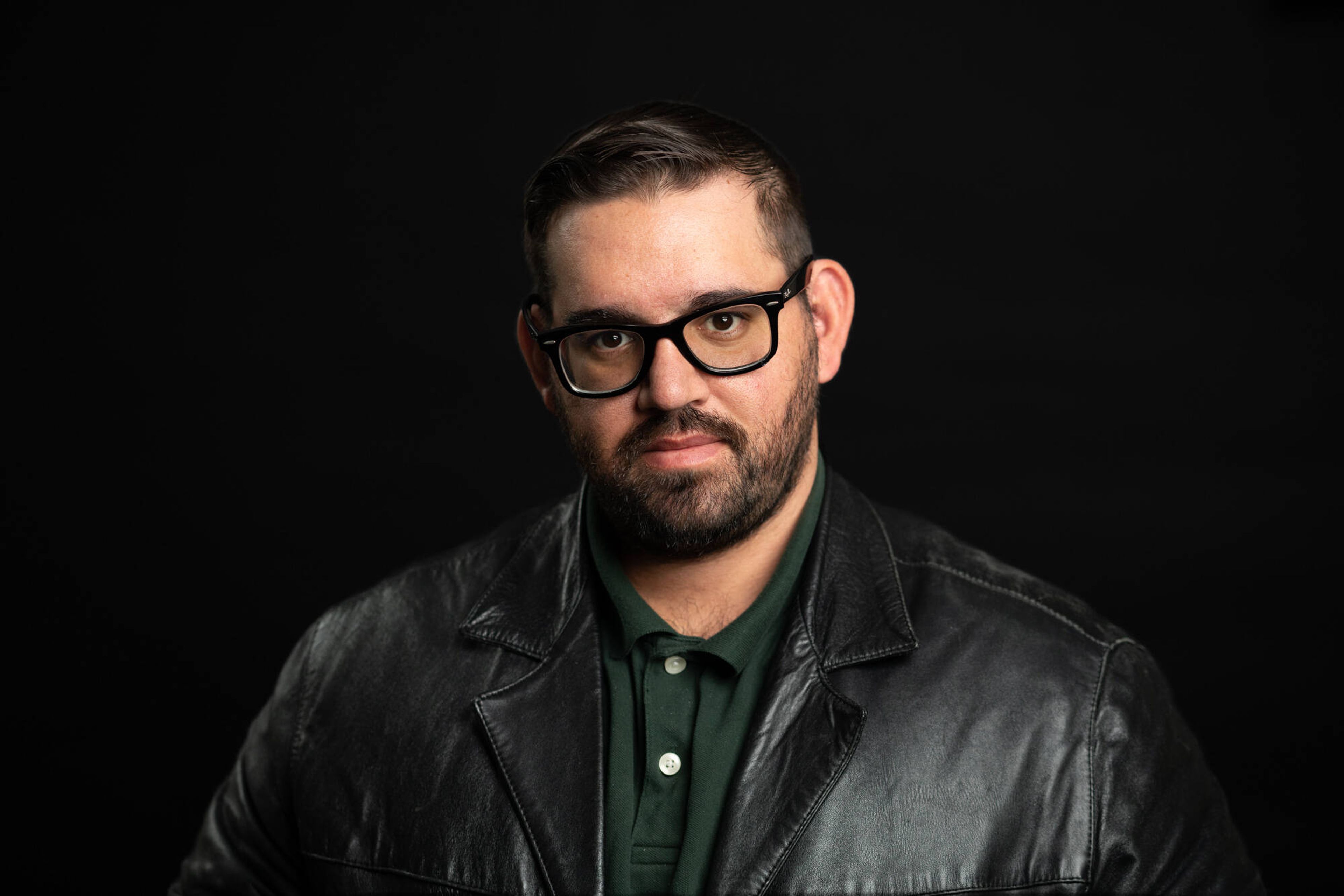COLUMN: Coyotes' end signals concerning era in sports
St. Louis native Clayton Keller was only a teenager when the Rams left the Show Me State after 20 years for greener pastures in Southern California. Nearly a decade later, he was a part of another franchise finale. Keller and the Arizona Coyotes played their final game in Arizona, winning 5-2 over the Edmonton Oilers on Wednesday, April 17, at Mullet Arena in Tempe, Arizona...
St. Louis native Clayton Keller was only a teenager when the Rams left the Show Me State after 20 years for greener pastures in Southern California.
Nearly a decade later, he was a part of another franchise finale.
Keller and the Arizona Coyotes played their final game in Arizona, winning 5-2 over the Edmonton Oilers on Wednesday, April 17, at Mullet Arena in Tempe, Arizona.
Keller made his NHL debut with the Coyotes in St. Louis back in 2017. For the past seven seasons, he was the young star of the Coyotes. During the latter half of that time, the franchise was kicked out of Glendale and spent the past two seasons sharing a college arena with Arizona State.
Now Keller will be a star in a new city, as the NHL Board of Governors voted unanimously Thursday to approve a $1.2 billion sale from Coyotes owner Alex Meruelo to Utah Jazz owners Ryan and Ashley Smith, clearing the way for the franchise’s move to Salt Lake City next season.
Meruelo keeps the Coyotes brand and has five years, per the deal to get a new arena built for an expansion team. He is reportedly looking to win a land auction north of Phoenix in June but has been met with resistance from the Mayor of the boarding town of Scottsdale.
That is the problem behind every franchise relocating.
The Oakland Athletics couldn't get a new stadium financed in the East Bay, so now they're going to play in a minor league ballpark in Sacramento for the next three or four years with hopes of a ballpark deal in Las Vegas. The Tampa Bay Rays, Kansas City Royals, and Chicago White Sox are looking for a new ballpark. The Rays have spent their entire existence looking for new land in either Tampa or St. Petersburg, Florida, to build a new stadium before their lease at Tropicana Field, a Costco Warehouse with a baseball diamond, ends in 2027.
The Arizona Diamondbacks and St. Louis Cardinals are asking for public funding to revamp their existing ballparks, with the owner of the Diamondbacks going as far as suggesting that the franchise could potentially seek relocation after 30 years in the desert.
The common theme that ties all these stadium-seeking conundrums together is the franchise owners' desire for public funding and the tax-paying public's newfound refusal to do so.
There was an opportunity for the Coyotes to stay in Arizona last year, but the citizens of Tempe voted against the proposition to build an NHL arena as the centerpiece of an entertainment district over what is currently an old landfill on the Salt River.
A more recent and local example is the residents of Jackson County, Missouri, voting down a sales tax measure meant to help fund a new Royals ballpark in downtown Kansas City and renovations to the Kansas City Chiefs stadium. The Chiefs, winners of the last two Super Bowls, are not going anywhere, but the Royals play next door in one of the oldest ballparks in baseball (Kauffman Stadium was built in 1973). Kansas City once lost the Athletics (1955-1967), could the public's refusal to be taxed a little more lead to the departure of a second franchise? Likely not the case in Kansas City.
St. Louis helped fund the St. Louis City SC stadium a few years ago, so now the Cardinals are looking for their scratch to revamp Busch Stadium. But will they get it? That is the struggle of our time in sports.
For at least the remainder of this decade, a handful of markets throughout America will have their mettle tested. Every sports owner is rich enough to buy Cape Girardeau, yet very few are willing to completely fund the venue in which they profit off the entirety of the revenue.
Southern California has seen a new NFL stadium in 2020, a new MLS stadium in 2018, and soon a new NBA arena next year. Each venue was privately financed by the owners, including the one who took the Rams away from St. Louis.
There are teams like the Rays and Diamondbacks and more looking for public money for new ballparks and also places like Salt Lake City and Orlando that may be open to paying to finally be a part of the pro sports landscape. The Smiths now having an NHL team to go with the Jazz makes building a new arena much more palatable to the taxpayers of Salt Lake City.
The Coyotes and Athletics won't be the last teams to leave their cities this decade, and there may be a city that experiences professional sports for the first time.
It all depends on whether a city will publicly fund a new stadium, or the rich owners finally deciding to pay for it themselves. This tug-a-war will lead to a realignment in professional sports.
Connect with the Southeast Missourian Newsroom:
For corrections to this story or other insights for the editor, click here. To submit a letter to the editor, click here. To learn about the Southeast Missourian’s AI Policy, click here.








